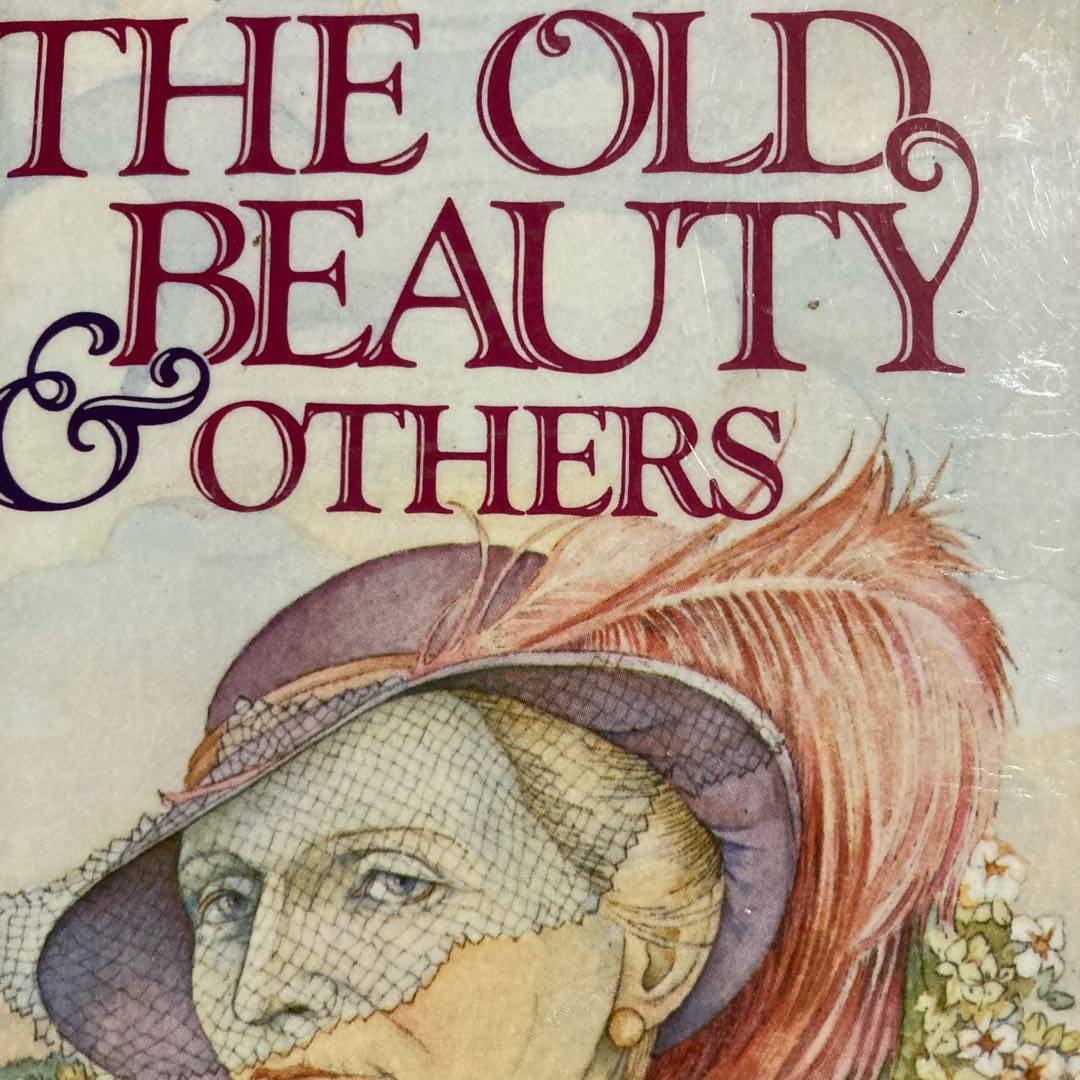
Cather‘s stories are beautiful and eloquent with a sharp dash of the unexpected to jostle the reader‘s complacency.

Cather‘s stories are beautiful and eloquent with a sharp dash of the unexpected to jostle the reader‘s complacency.
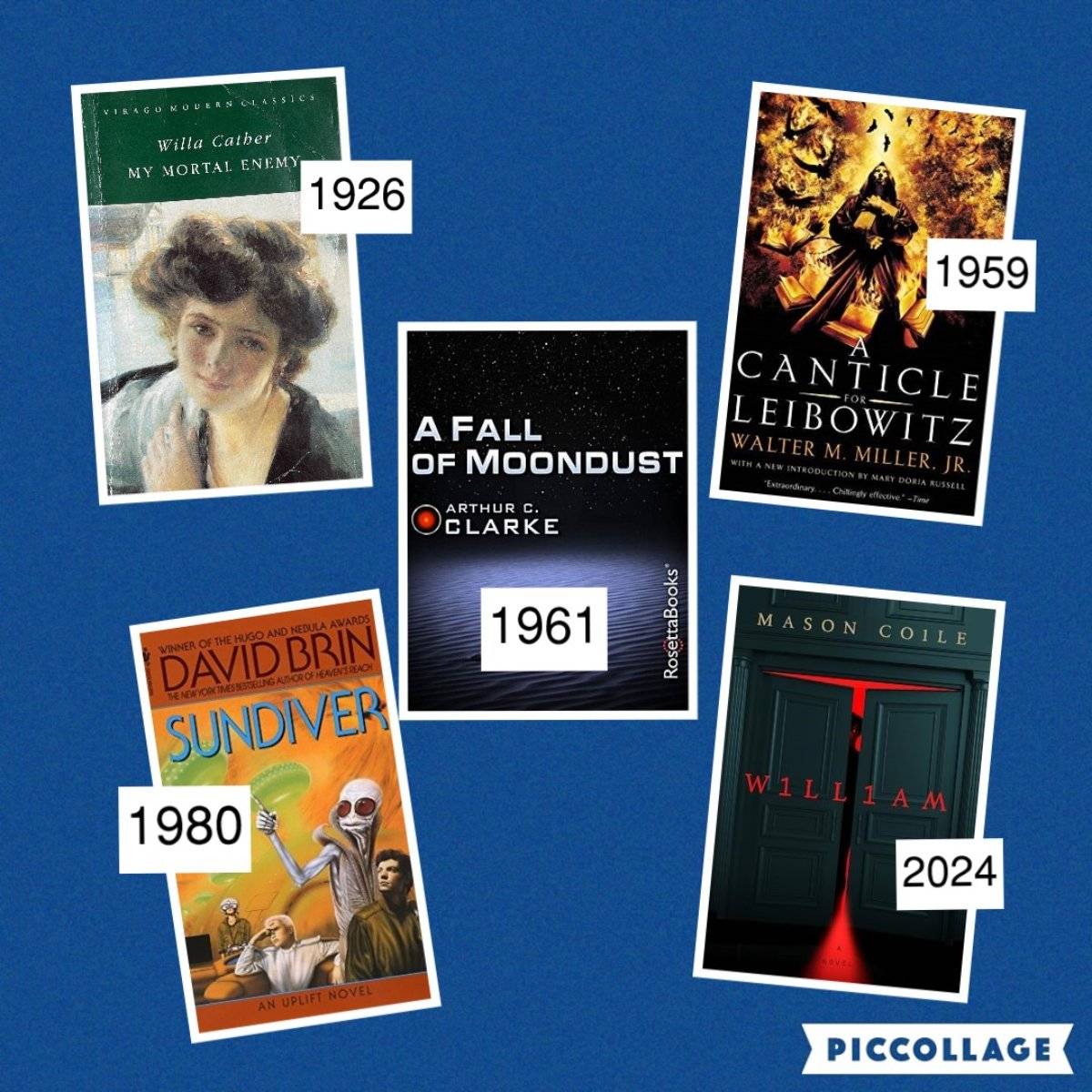
An update on my #192025 challenge: these are the books I finished in the past few months. 79 prompts done and 27 left to go. I'm optimistic I can finish this by the end of the year!
@Librarybelle
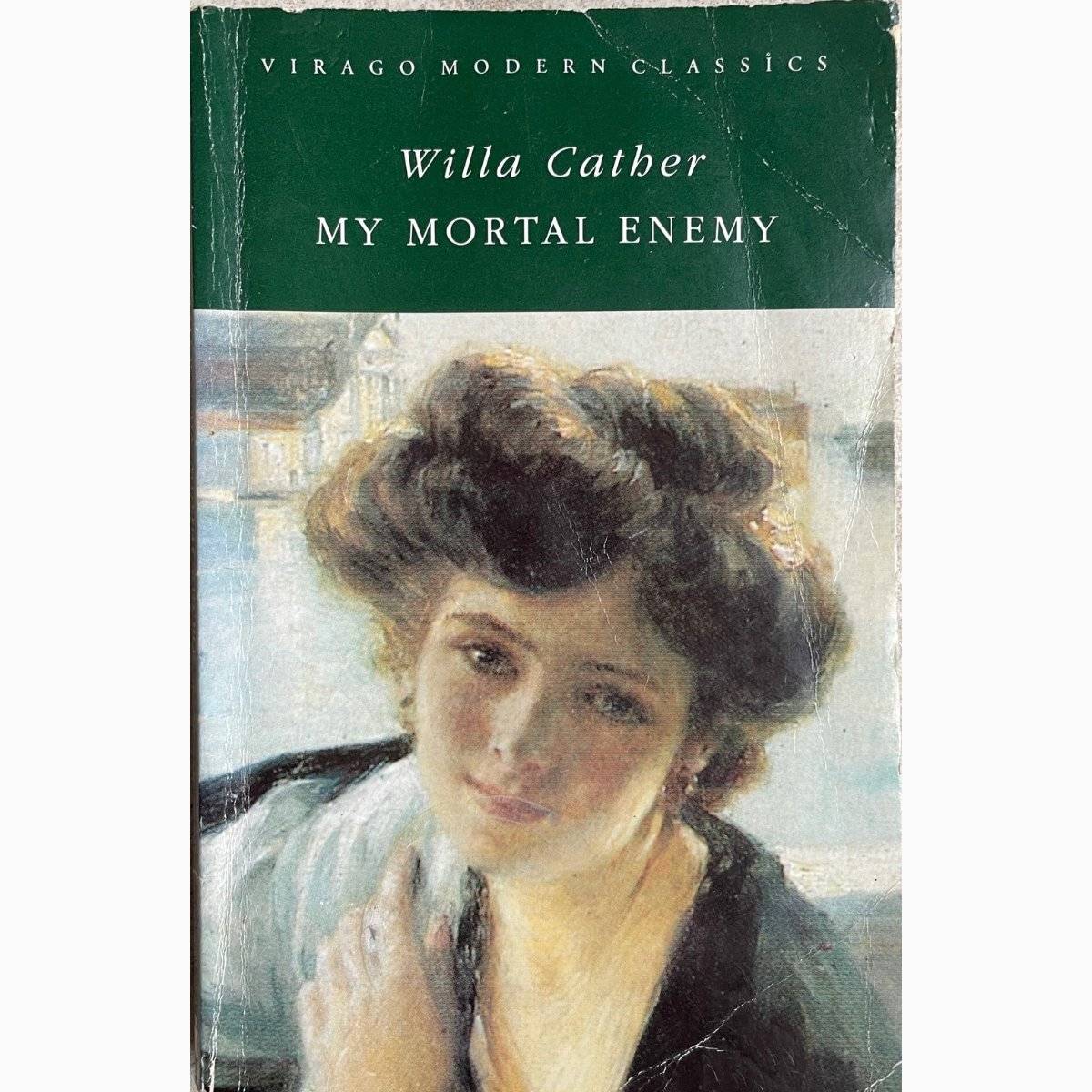
A short but poignant novel set partly during the Christmas season. I love the #VMC covers and was happy to have found this edition at a used book store.
#HolidayBookDragons #WinterGames2024 @LiseWorks
#gottacatchemallwinteredition (tbr) #FrozenSick @PuddleJumper
#BookSpinBingo @TheAromaofBooks
#192025 #1926 @Librarybelle
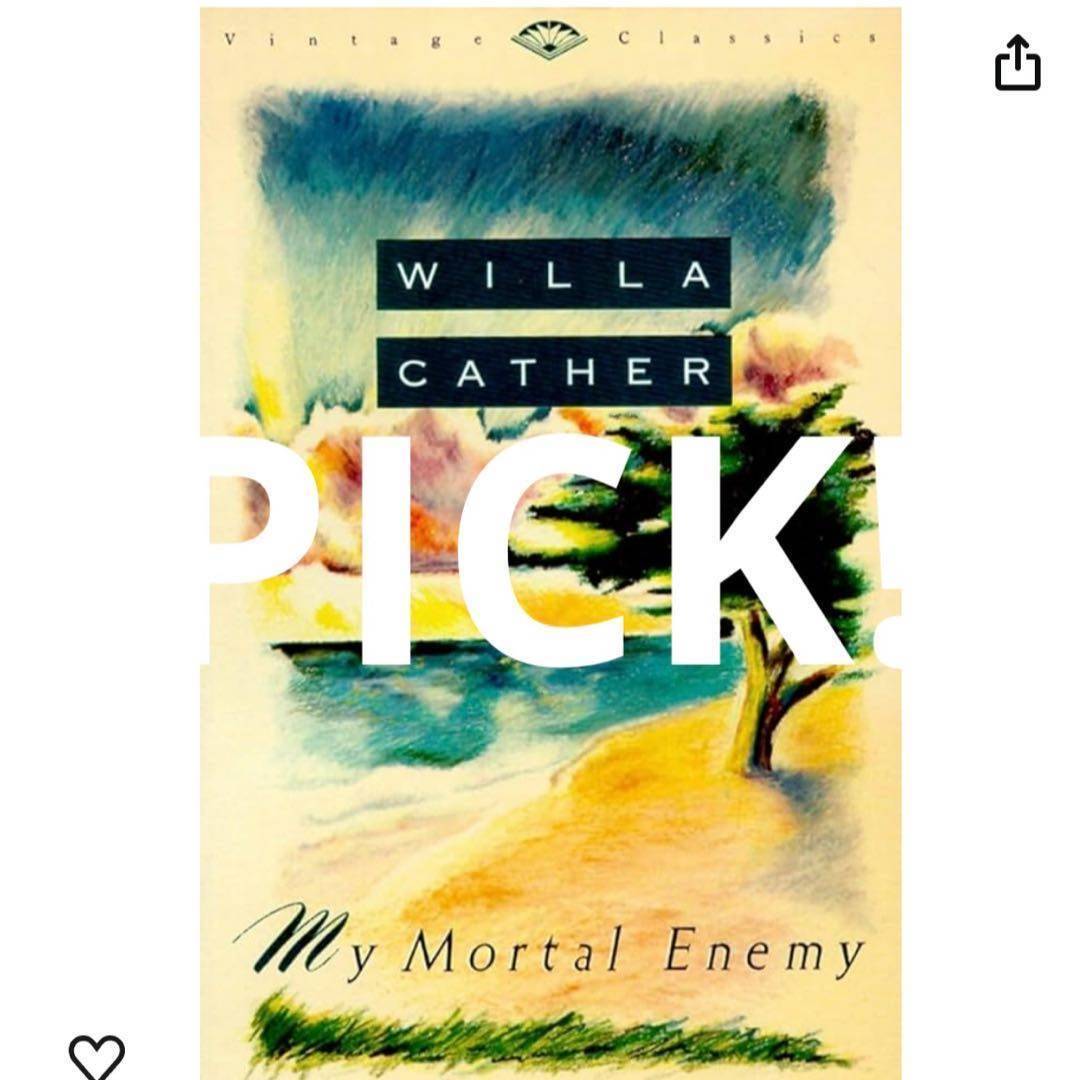
My Antonia is one of the “best loved” American novels. I hate it, which is shorthand for saying that the book did not speak to me & I am jealous that it speaks to others. I decided to give her another read. I did this with Steinbeck last year and while I still hate The Grapes of Wrath, I happily found The Red Pony to be a marvel. I chose Cather‘s My Mortal Enemy. And it is a revelation. The characters & situation are drawn with care & pain.
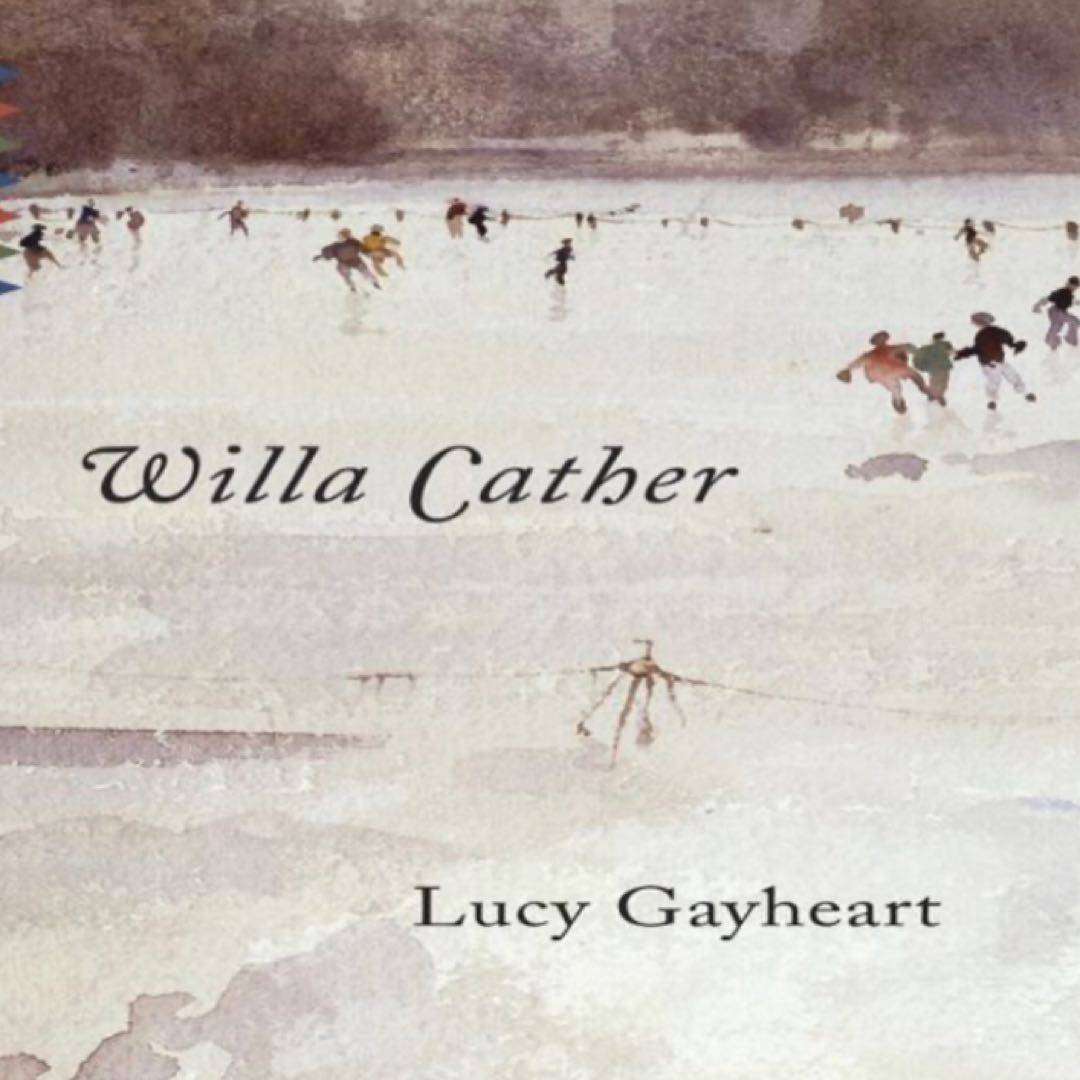
A long overdue reread and one perfect for the winter season. 🩵
Cather is always an absolute joy to read again and again. That is the gift of great writing, it never feels old or repetitive or predictable.
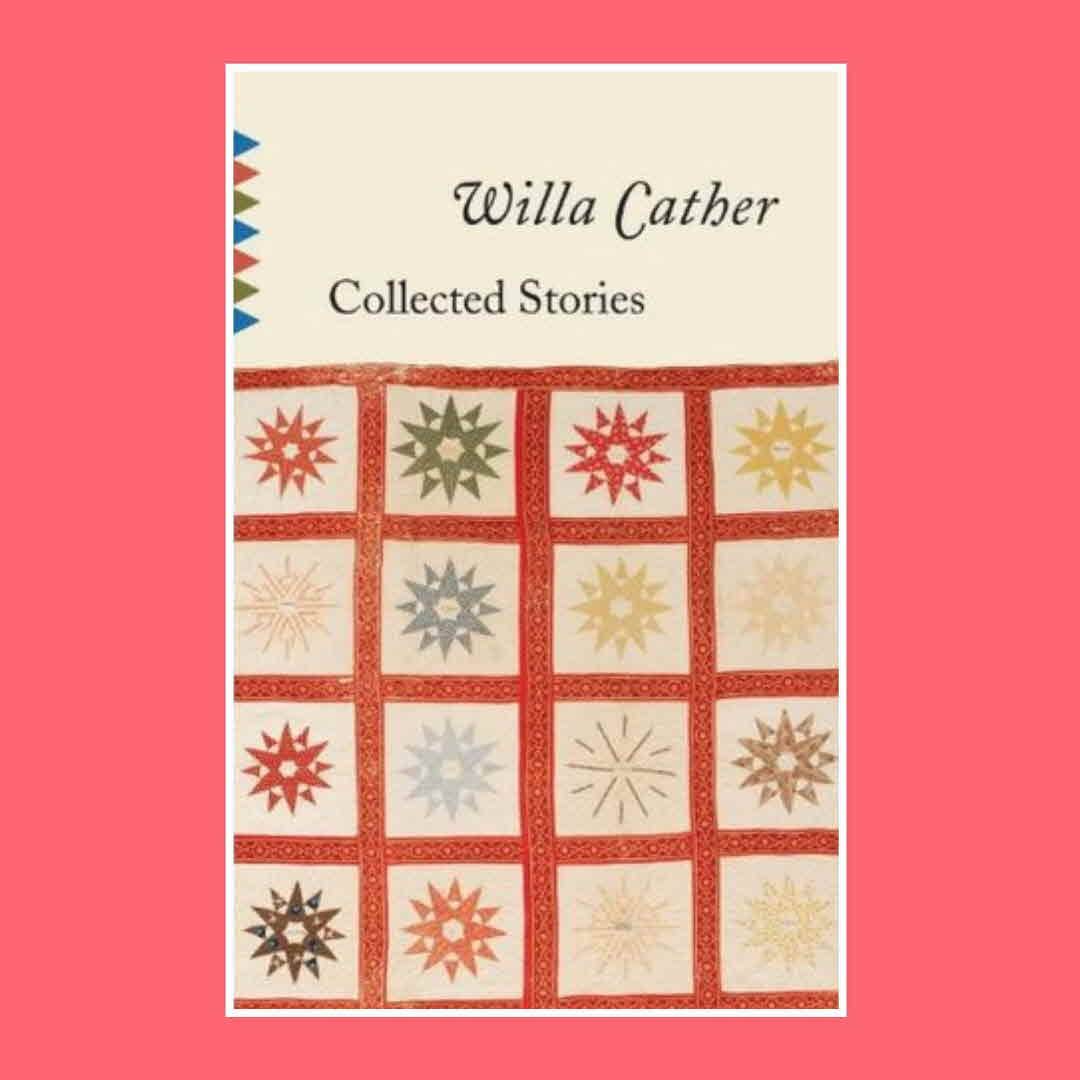
This collection has its high & not-so-high points, as complete story collections often do. Though reading it as part of the #catherbuddyread was fascinating, delving into it as we did after Cather's brilliant novels, in that it crystallises most of her prevalent themes: art vs commerce, freedom in spirit & mind, the sense of communion with nature & the universe that transcends day-to-day banalities, sensitive characters ill-adjusted to the world.
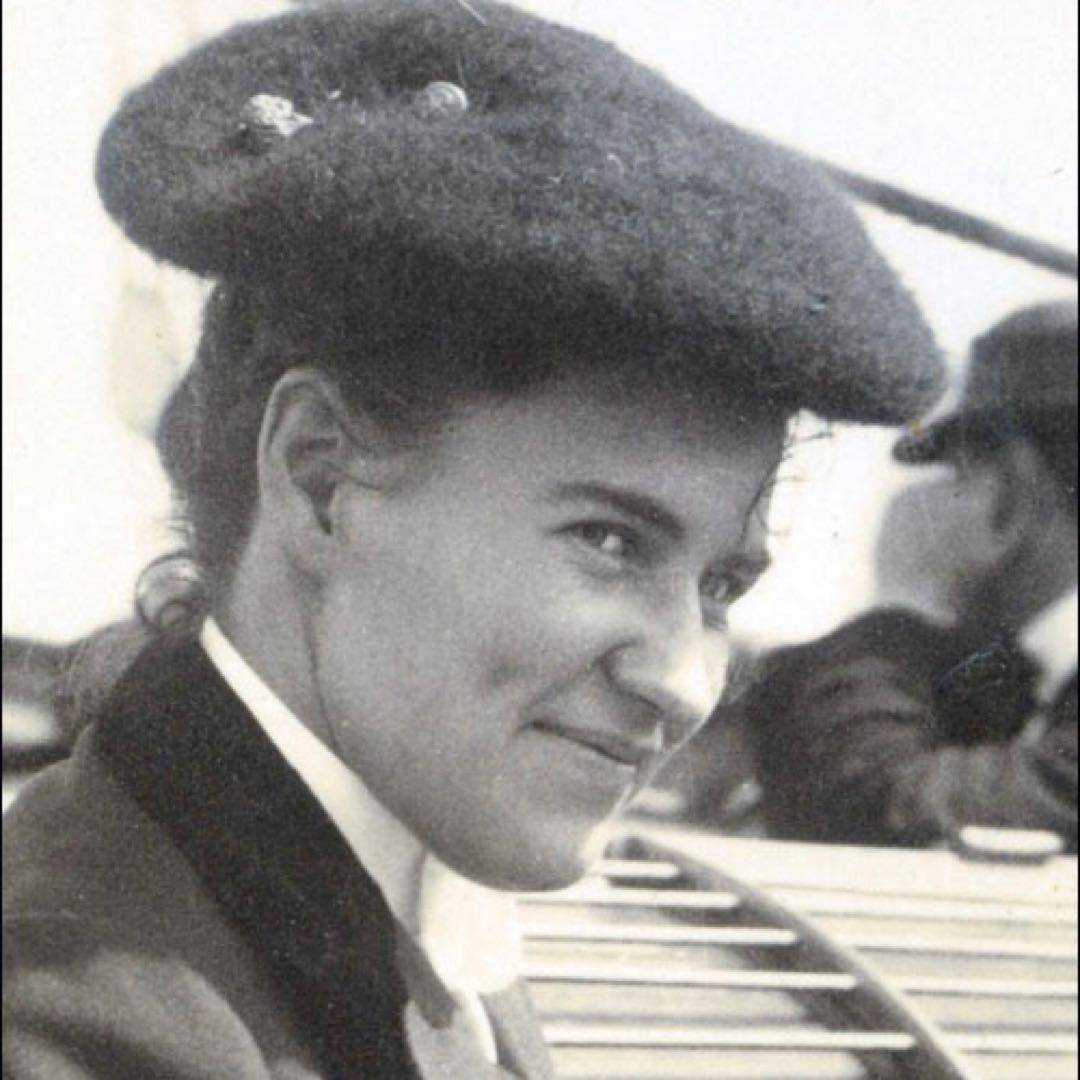
We learned a great deal about WC these last 3 months with these 19 stories and an essay. She was a dynamic author who reveals here much more complexity than her novels indicate. Beginning in a Henry James‘s style, she quickly cultivated her own voice, tying to various experiences in her life and imagination. I liked her novels better, but I love what this collection reveals. So, 5 ⭐️s. Thank you so much to our wonderful #catherbuddyread
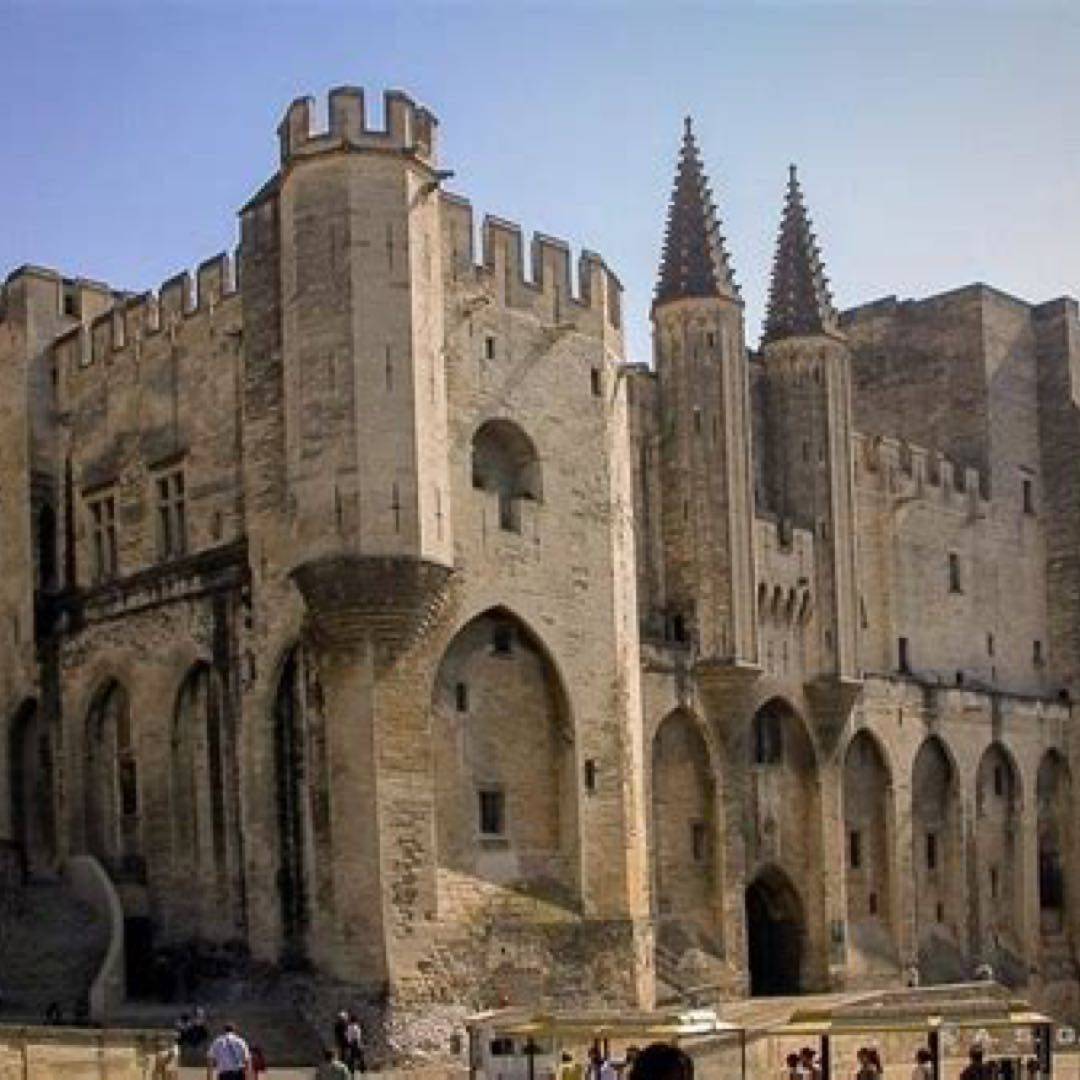
The papal palace at Avignon reminds me of the cliff dwellings. Hmm. If, like me, you were expecting the surviving fragments you can read them here: https://www.willacather.org/system/files/idxdocs/willa_cather_nr_fall2011_vol_55... There‘s also explication, so if you just want the fragments scroll down to p 3. My reaction to Kates‘ work wasn‘t as violent as Chris Wolak‘s. How about yours? #catherbuddyread

Enchanted Bluff and Tom Outland‘s Story. Both concerned with cliff dwellers and the white man‘s reaction to them. Tom is a reread for those who have been with us from the beginning, but in rereading our comments about it from The Professor‘s House I found we didn‘t focus on Tom, so maybe some new perspectives here. As always @chris.wolak gave us lots to think about in her blog posts. Like the double meaning of “bluff” in the first story.